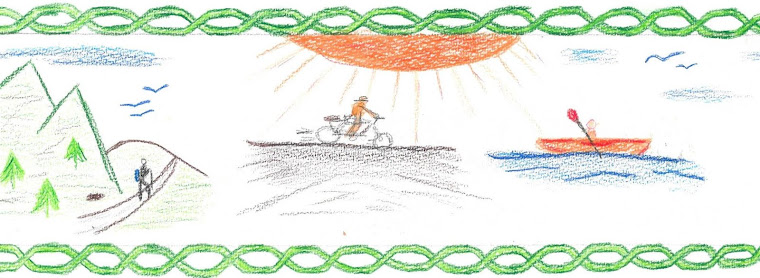Lectionary
Ruminations 2.0 is a revised continuation of Lectionary Ruminations. Focusing on The Revised Common Lectionary Readings for the upcoming Sunday from New Revised
Standard Version (NRSV) of the Bible, Lectionary
Ruminations 2.0 draws on nearly thirty years of pastoral experience. Believing that the questions we ask are often
more important than any answers we find, without overreliance on commentaries I
intend with comments and questions to encourage reflection and rumination for
readers preparing to teach, preach, or hear the Word. Reader comments are
invited and encouraged. All lectionary
links are to the via the PC(USA) Devotions and
Readings website.
FOR AN UPDATED AND REVISED VERSION, GO TO
THIS LINK
3:1 I would have expect
“Hear” rather than “See”. Who is
speaking? Note that in the NRSV the
first occurrence is “Lord” and the second occurrence is “LORD” –what is the
difference?
3:2 Is this a rhetorical
question? What is a refiner’s fire
like? What is fuller’s soap?
3:3 Who are the descendants
of Levi? How are gold and silver
refined?
3:4 Why would an offering
not be pleasing to the LORD? How has the
offering changed compared to times past?
1:68 What is the first word
in the Latin Vulgate? What has the Lord God of Israel redeemed the people from?
1:69 Is there any savior
that is not mighty?
1:70 Is there a grammer
problem with a single “mouth” but plural “prophets”? What holy prophets might
Zechariah (or Luke) have had in mind?
1:71 At the time of
Zechariah, who would the enemies and the haters have been?
1:72 Had the Lord God of
Israel forgotten the covenant?
1:73 What oath?
1:74 Can one serve with fear or in fear?
1:75 What is the
difference, if any, between holiness and righteousness?
1:76 What child? To who is Zechariah speaking?
1:77 Is there a difference
between knowledge of salvation and salvation? How does one gain knowledge of
salvation?
1:78 What is “the dawn from
on high”?
1:79 Who sits in darkness? How
does death cast a shadow?
1:3 When and how often does
the author remember the Philippians?
1:4 How does one pray
constantly?
1:5 How does one share in
the gospel?
1:6 Who began the good work?
What was the good work? What and when is the day of Christ?
1:7 What does it mean to
hold a person in the heart?
1:8 What is meant by “the compassion
of Jesus Christ”?
1:9 What knowledge? What is full insight? How does prayer
overflow?
1:10 What does it mean to
be pure and blameless?
1:11 What is the harvest of
righteousness and who has produced it?
3:1 What year would this
have been? Why are all these people and
their positions named? Is all this historically accurate and does it matter if
it is no isn’t?
3:2 Why was John in the
wilderness? Was this a prelude to desert
spirituality? What is so special about
fierce landscapes like wilderness and the desert? Is the “wilderness” by
definition a liminal place?
3:3 Would this be both
banks of the Jordan? Is this the Jordan
before it flows into the Sea of Galilee or after it flows out from the Sea of
Galilee toward the Dead Sea?
3:4 Where in Isaiah is this
written? Did the prophecy dictate that
John had to be in the wilderness, or did John’s being in the wilderness lend
itself to this prophecy? Why do the Lord’s paths need to be made straight?
3:5 Why fill a valley? Why make a mountain low? In light of mountaintop removal mining, this
verse raises images of bad stewardship of the earth.
3:6 Does “all flesh”
include non-human flesh?
ADDENDUM
I
am currently serving at the Interim Pastor of The Presbyterian Church of Cadiz,
worshiping at 154 West Market Street, Cadiz, Ohio, every Sunday at 11:00 AM. Please like The Presbyterian Church of Cadiz on facebook.


